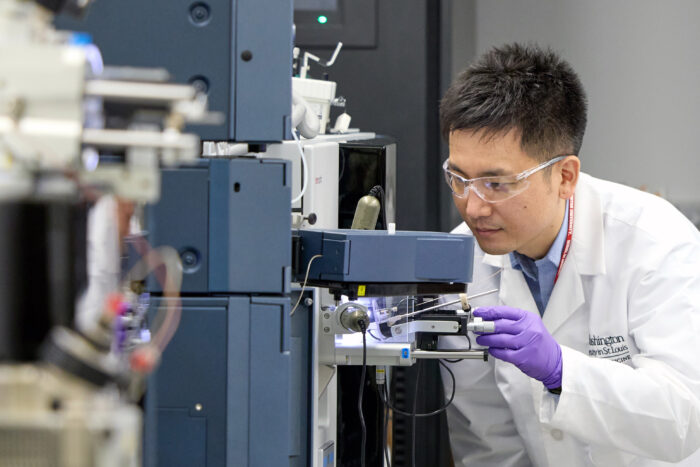
New research from The University of Manchester may reshape our understanding of what happens to the immune system when we fast. The study on mice shows that the brain’s hypothalamus controls how the immune system adapts during fasting, through a handful of highly specialized neurons responsible for making animals hungry.
Published in Science Immunology, the study shows the brain’s perception of hunger or fullness, rather than actual eating or caloric restriction, is enough to drive changes in the body’s immune cells.
The findings cast doubt on the current view that a lack of nutrients alone controls how the immune system responds to fasting, indicating the brain has a critical role, beyond the simple absence of food.
By artificially switching on specific brain neurons in mice...
Read More









Recent Comments